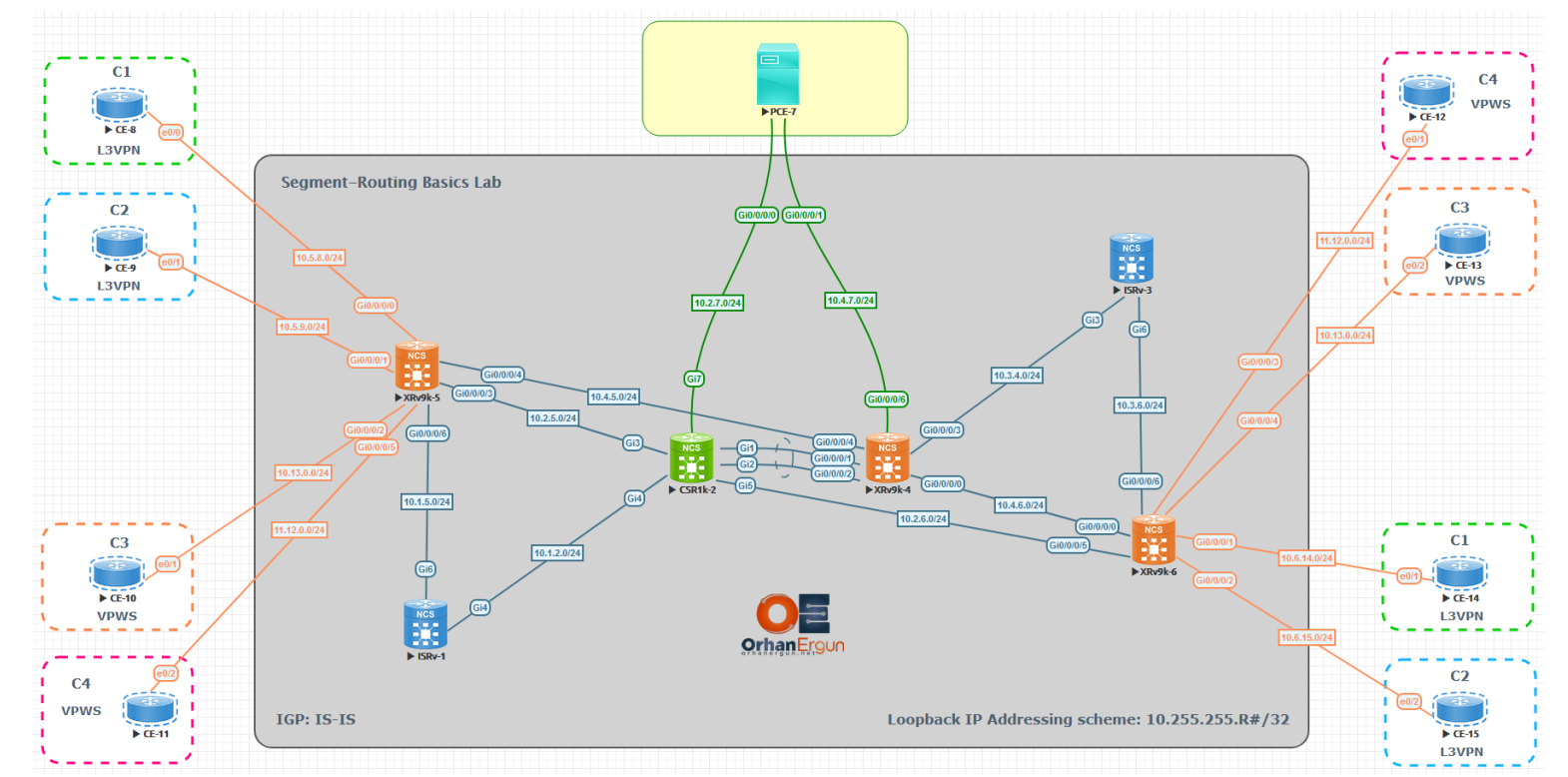Segment Routing (SR) is a modern and highly efficient approach to network routing that simplifies the forwarding plane by allowing source-based routing. Unlike traditional protocols that rely on complex control planes and path calculations at each hop, Segment Routing enables the sender to define the entire path the traffic will take through the network using a series of segments—either SR-MPLS or SRv6 (Segment Routing over IPv6).
This method significantly reduces the need for state information in routers, providing better scalability, faster convergence, and lower overhead in both core and edge networks. By utilizing traffic engineering capabilities, load balancing, and resilience through fast reroute mechanisms, SR ensures that service providers can easily optimize traffic flows and support complex use cases like network slicing and dynamic VPNs.
As a crucial building block for 5G and next-generation networking, Segment Routing is an essential skill for anyone looking to master the future of service provider networks.
You might also be interested in these labs:

